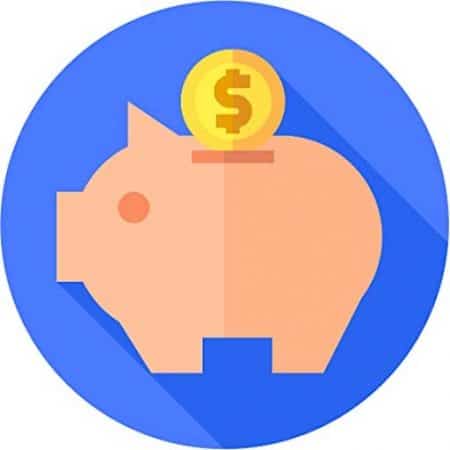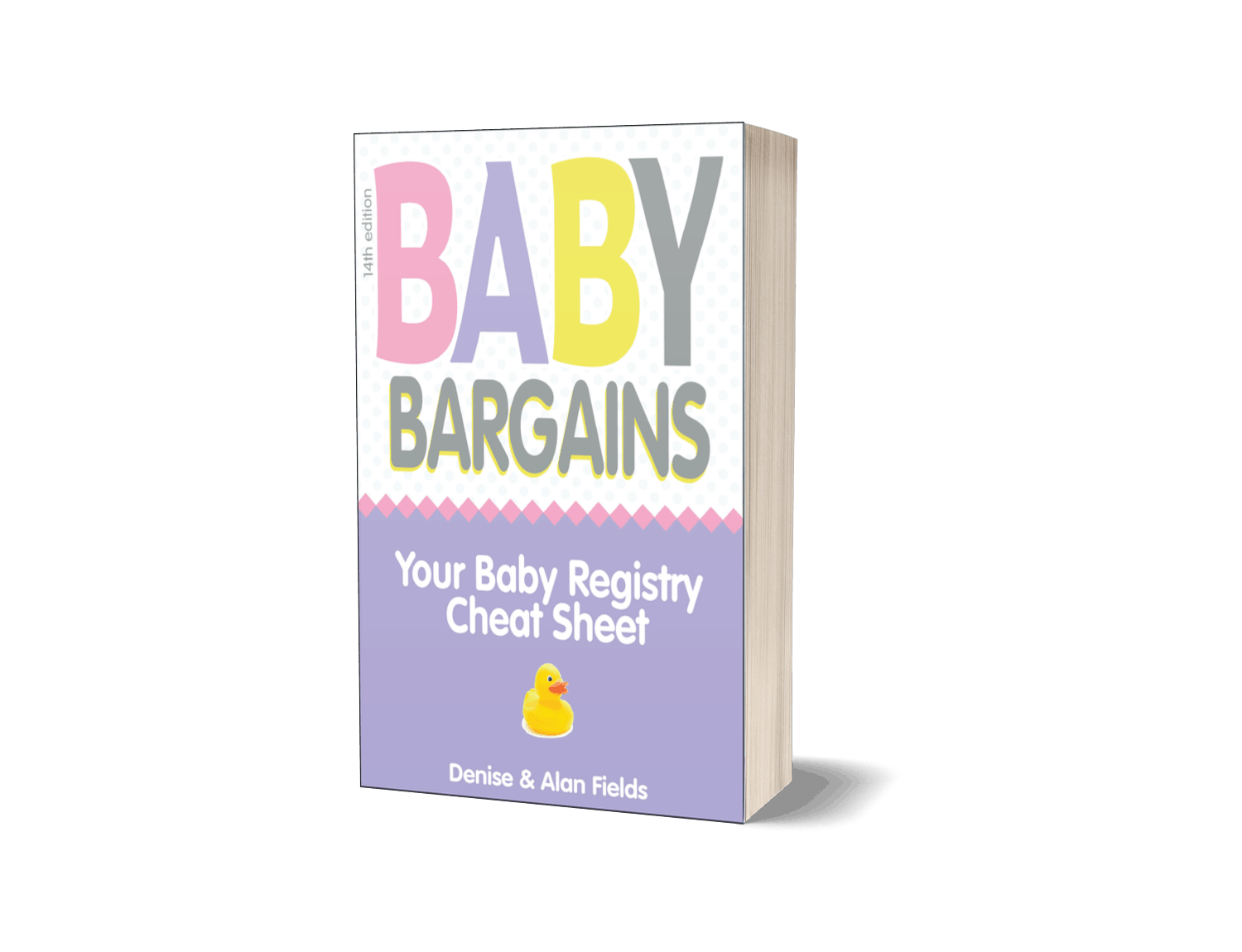As you’ve probably heard, polycarbonate baby bottles have officially jumped the shark. The media is buzzing with the latest news: a federal report will declare bottles that contain BPA dangerous for infants and small children.
Readers of this blog (and our books) already know about BPA and baby bottles, as we withdrew our recommendation of these bottles back in August. We’ve also tracked new BPA-free alternatives from such mainstream bottle makers as Dr. Browns and linked to a blog with an extensive directory of BPA-free bottle and sippy cup options.
So, what will happen next? Let’s peer into our crystal ball to predict what’s next for this controversy:
• The JPMA will shortly issue a statement saying "Federal Panel reaffirms safety of baby bottles!" Yes, in the upside down world of the Juvenile Products Manufacturer’s Association, this will be a VICTORY for plastic baby bottles makers . . . as the government didn’t really ban them! (Yet). And plastic bottles are safe . . . because the plastics industry and the bottle makers say that’s so!
Just like in the Wizard of Oz: Pay no attention to that man behind the curtain!
Math professors at MIT will soon name a new mathematical concept: the JPMA Constant—the time between something REALLY BAD happening to a baby product . . . and the moment the JPMA responds with a press release saying everything is fine. And the media is just trying to scare parents with biased reporting! (FYI: The JPMA constant is usually measured in nanoseconds).
• WWBRUD? What will Babies R Us do? The next major event in the baby bottle battle will be at Babies R Us: given this new federal report, will the country’s largest chain of baby gear stores pull BPA bottles off the shelf? It’s hard not to imagine that the pressure is building at BRU to do something. If polycarbonate bottles are pulled, that next sound of screaming you will hear will be coming from . . .
• Avent. The baby bottle market leader has taken a "hear no evil, see no evil" approach to this issue—steadfastly defending their bottles. And refusing to come out with alternatives. Now we’ll see if that bet pays off.
• Formula cans. A little-noticed side debate in the BPA controversy: formula cans are lined with the stuff. And since they are pasteurized at the factory, how much BPA has leached into baby formula? Watch for Whole Foods to require its formula cans to be BPA free—and for the regular supermarket chains to follow suit shortly.
• Canada. Three major Canadian retailers have pulled BPA bottles from their shelves this week. It’s possible Canada will be the first country to go BPA-free.
Well, those are our predictions. Feel free to chime in with what you think will happen next!

 We obsess over gear for families . . . so you don't have to. Baby Bargains has one mission: help you find the best gear for your family and home with unbiased reviews by experts with 20 years of experience. At prices that don't break the bank. When you purchase a product from links on this site, we make a small affiliate commission. Learn more
We obsess over gear for families . . . so you don't have to. Baby Bargains has one mission: help you find the best gear for your family and home with unbiased reviews by experts with 20 years of experience. At prices that don't break the bank. When you purchase a product from links on this site, we make a small affiliate commission. Learn more 

I have been reading “Green For Life” a book with all sorts of ways to live a healthier, more sustainable life. It touches on BPA, and says that one third of formula comes in contact with BPA packaging. My question is:how do we know if packaging has BPA in it? I live in BC, and we only have one Whole Foods, and other retailers(of food) are lagging behind. I am a proponent of breastfeeding, but many friends supplement with formula, and are unsure of their options.
I have been reading “Green For Life” a book with all sorts of ways to live a healthier, more sustainable life. It touches on BPA, and says that one third of formula comes in contact with BPA packaging. My question is:how do we know if packaging has BPA in it? I live in BC, and we only have one Whole Foods, and other retailers(of food) are lagging behind. I am a proponent of breastfeeding, but many friends supplement with formula, and are unsure of their options.
Good call, your first prediction came true within 24 hours:
http://daddytypes.com/2008/04/17/jpma_gives_bpa_bottlemaking_self_a_big_safety_hug.php
Good call, your first prediction came true within 24 hours:
http://daddytypes.com/2008/04/17/jpma_gives_bpa_bottlemaking_self_a_big_safety_hug.php
Canada is banning bottles. See latest story.
Canada is banning bottles. See latest story.